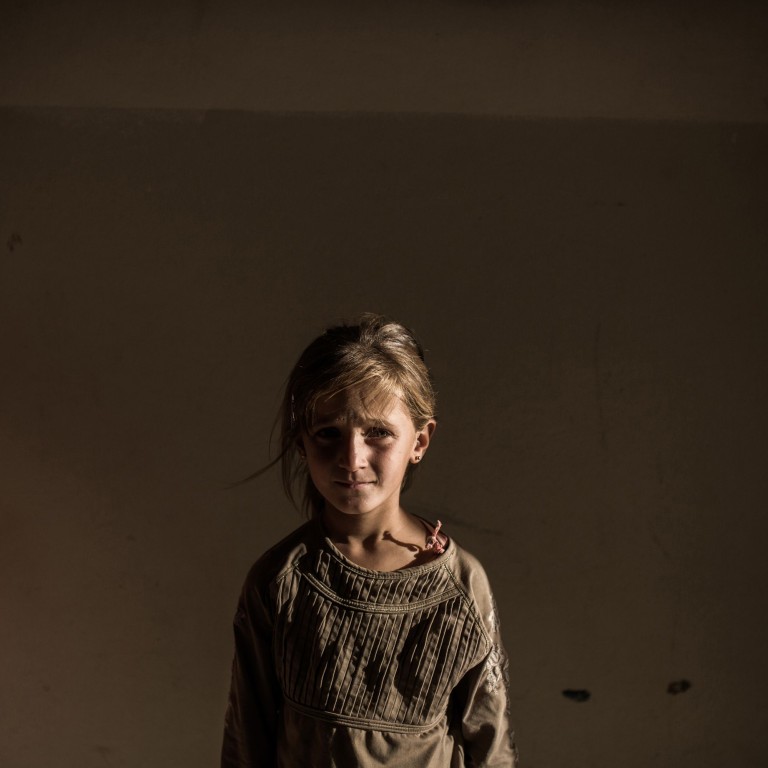
World cannot shut its eyes to the plight of desperate refugees
Arjan Hehenkamp says the rising tide of people made homeless by conflict and disasters must move us to change our failing migrant policies
The evidence is everywhere. Boatloads of emaciated people adrift on the Andaman Sea, begging for water; exhausted refugees staggering out of the surf on Greek islands, having survived the smugglers' boats; desperate families breaking down the barbed wire fence separating Turkey and Syria to escape the battles being fought a few miles away.
These stories are only the tip of the iceberg. The UN says 60 million people are now displaced - the largest number since the second world war. Eighty-six per cent of these people are hosted by countries in the developing world.
Our teams are witnessing and hearing similar stories of fear, misery and violence the world over. Current refugee and migrant policies are failing. The 1951 Refugee Convention and other national and international migration policies, established to provide safe haven and protection, are spectacularly insufficient.
As the situation stands today, the international asylum and refugee framework is limited by the political will of the very people tasked with handling it, and even then it remains a standard of protection unrecognised by many of the countries concerned.
Signatory states fail to meet obligations, while non-signatory states evade their first responsibility to be part of a shared framework. In practice, their behaviour towards migrants is conditioned by local politics. Prosperous governments promote their humanitarian credentials by financing humanitarian aid to refugee camps in Turkey, Pakistan, Lebanon, Kenya, Ethiopia and elsewhere, warehousing people for years on end, while at the same time making it difficult, if not impossible, for those living in these conditions to set foot within their own borders. Australia goes one step further, forcibly returning people at sea, detaining would-be asylum seekers offshore while cutting aid commitments.
People fearing for their very lives do not stay put because the fences are higher; they look for an alternative, often a more perilous route. Australia, for example, was once one of the main destinations for Afghan asylum seekers, but current policy is now driving these same people onto boats heading for Greece and Italy.
In a world plagued by conflict, poverty and inequality, population movements are inevitable. Our governments must find a way to manage migration that minimises suffering rather than creates it. Our request is simple: stop applying policies that kill and prolong the anguish. Provide protection and assistance that ensures basic human dignity. Or would the world really prefer to just watch as the extreme suffering continues?
